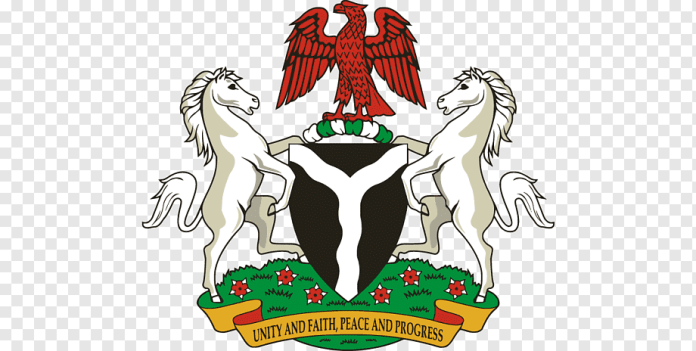By Emmanuella Oghenetega
The Federal Government has reintroduced Nigerian History as a compulsory subject in the national basic education curriculum, reaffirming its commitment to fostering national identity, unity, patriotism, and responsible citizenship among young Nigerians.
Speaking, the Minister of Education, Dr Maruf Tunji Alausa, together with the Minister of State for Education, Professor Suwaiba Sai’d Ahmad, expressed profound gratitude to President Tinubu for championing this reform under the Renewed Hope Agenda.
They emphasised that history is not merely a record of the past but a vital foundation for shaping responsible and patriotic citizens.
For the first time in decades, Nigerian pupils will study Nigerian History continuously from Primary 1 through Junior Secondary School 3 while students SSS 1 -3 will learn the newly developed subject Civic and Heritage Studies, which integrates Nigerian History with Civic Education.
This innovative approach ensures learners understand the nation’s story while cultivating the values of citizenship, responsibility, and service.
Primary 1–6: Pupils will explore Nigeria’s origins, heroes and heroines, traditional rulers and institutions, cultural heritage, political evolution, geography, environment, economy, religions, colonial administration, and post-independence governance.
Junior Secondary School (JSS1–JSS3) Students will study Civic and Heritage Studies, covering topics such as early Nigerian civilisations, pre-colonial states, West African empires, trans-Saharan trade, European contacts, amalgamation, the independence movement, and democratic governance blended with civic values to strengthen identity and national unity.
According to the Ministers, this reform represents a priceless gift to the nation, reconnecting children with their roots while inspiring pride, unity, and commitment to Nigeria’s development. Added that embedding civic education into the new curriculum will equip learners with the knowledge and values necessary to respect diversity, uphold institutions, and contribute positively to society.
The Ministry has officially released the revised Nigerian History Curriculum for Primary 1–6 and JSS1–3. To ensure effective implementation, it will collaborate with stakeholders to provide resources, retrain teachers, and strengthen monitoring and evaluation frameworks.
This comprehensive curriculum is designed to rekindle pride in Nigeria’s past, nurture civic consciousness, and prepare young Nigerians with the knowledge and values required for responsible nation-building.


